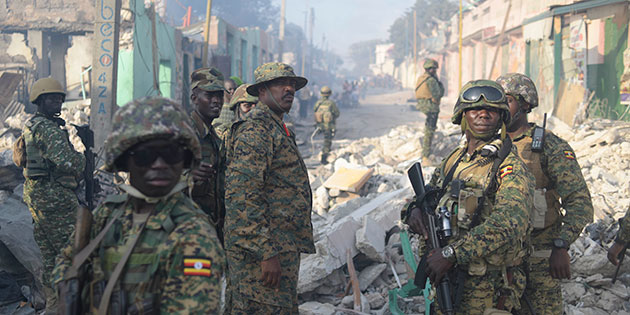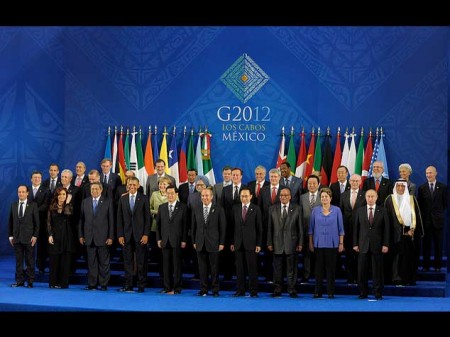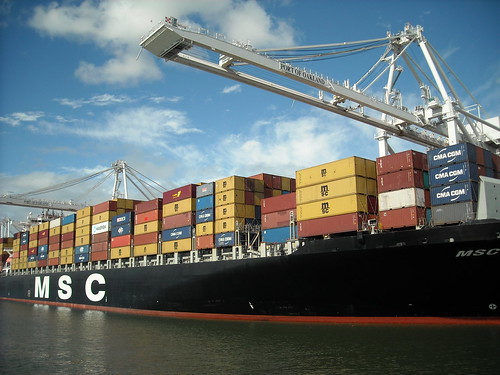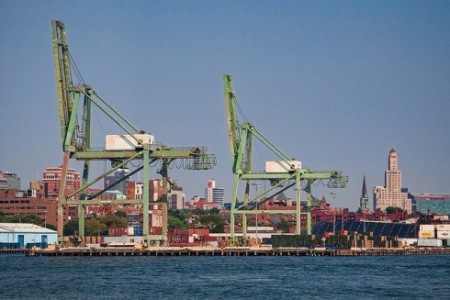
This article was originally published by the Institute for Security Studies (ISS) on 6 January 2020.
Can African leaders repeat the show of unity achieved on continental free trade to silence the guns?
For the African Union, 2020 is supposed to be a landmark year. Its ‘silencing the guns’ initiative is aimed at ‘ending all wars, civil conflicts, gender-based violence, violent conflicts and preventing genocide in the continent by 2020.’ While no one can argue with that laudable goal, the continental body and its member states will have to work miracles to achieve it by the end of this year – especially when the trend seems to be heading in the other direction.




